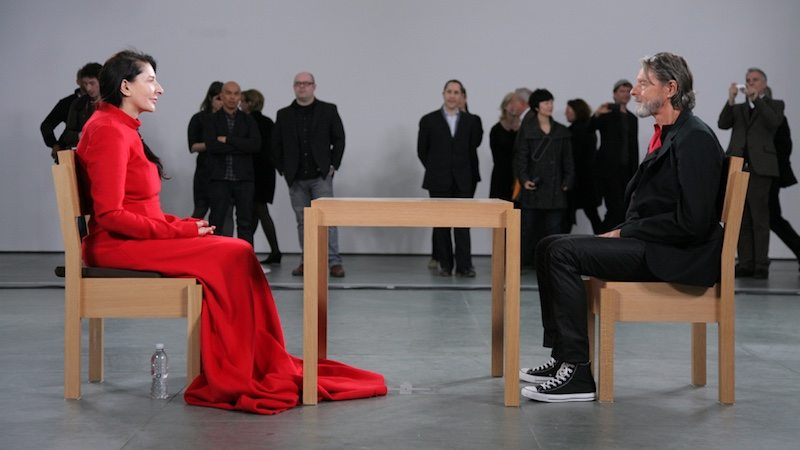Empathize
Episode #9 of the course “Active listening” by Mircea Samoila
Yesterday’s lesson ended with John Steinbeck’s quote stating that knowing each other never leads to hate, but almost always to love. Personally, I couldn’t agree more. I believe the main purpose of communication as an endeavor is to seek harmony between two or more parties. It is to explore our common humanity in its various forms of expression—just like we explored the one truth of I don’t know at the beginning of the course. For this reason, I believe the topic we are discussing today is one of the most important in our attempt to achieve harmony in communication.
Empathy requires establishing a connection at an emotional level. We cannot connect or understand without trying to see things from the other’s perspective. This is what I was trying to achieve at the end of the journalism game from Lesson 5, when I asked you to stand up and be your interlocutor. When you were standing in the other person’s shoes, did you not feel an undercurrent of gentle understanding for them?
Today, we will take this a bit further.
Practice
Enlist the help of your partner from the journalism game. This time, the game is simply to look into each other’s eyes for 30 seconds. There is only one purpose here: to simply see the other person as a human being. See if you can resist wanting them to perceive you in a certain way or judging them or yourself in any way. Notice the feelings that pass through you during this experiment: vulnerability, shame, fear, anger, whatever it is. Let them be, and also let them pass. Going past them, can you see your own humanity in the other’s eyes?
Of course, treat this as a game for introspection and not as a way to make people uncomfortable by randomly staring at them during conversations. You can read more about the power of this kind of experiment here: http://www.bbc.com/news/uk-northern-ireland-34547488.
Please remember that active listening is about your interlocutor, not about you; it’s about understanding, not being understood. Which brings me to the old “I know how you feel” reassurance, which psychologists are now claiming to be a flawed way to empathize: http://reflectd.co/2014/11/13/i-know-how-you-feel/. It’s best avoided, as it’s mostly based on assumption and generalization.
“Empathy is about finding echoes of another person in yourself.”
-Mohsin Hamid
Recommended book
“Power Questions: Build Relationships, Win New Business, and Influence Others” by Andrew Sobel
Share with friends

